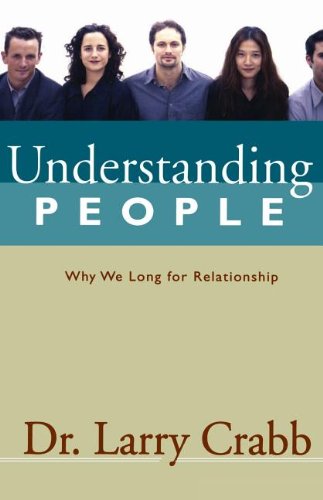In my sermon, ‘Free to Love!’, I talked about the issue of repentance and how that word has such negative connotations. If you’re like me, you probably immediately think of someone yelling from a pulpit with his finger pointed straight at you shouting “Repent!”
 Unfortunately the attitude that that image represents is quite accurate of many Christians. And, I have to admit, it has been true of me on too many occasions.
Unfortunately the attitude that that image represents is quite accurate of many Christians. And, I have to admit, it has been true of me on too many occasions.
Fuzz Kitto has reminded people a few times that real repentance is not about repenting ‘from’ but it is about repenting ‘to’. The following story of the legend of Odysseus and the Sirens illustrates it better than I ever could:
Odysseus and his crew needed to get somewhere in their boat, but they needed to sail past an island which no one had ever passed before. The reason that everyone had floundered on this island was because of the beautiful seductive voices of the sirens on this island. When they would sing of their promises of wisdom and knowledge, no man could resist and they would turn their ship toward the island and be wrecked on the rocks. So Odysseus needed a way to get around this. He was advised to have his crew lash him tight to the mast of his ship, and then to plug their ears with beeswax so they couldn’t hear the sirens’ song. Odysseus was determined that they were not going to be seduced. He told his crew that when he heard the singing, even though he would be desperate for them to unleash him and let him be lured over to the sirens, they were not to let him. And so they made it through. But Odysseus was exhausted from his efforts at resisting the sirens’ song.
Odysseus then realised there must be a better way. So he took with him Orpheus, who had the sweetest voice in all the land. And when they were approaching the island from where the sirens’ song could be heard, they heard the sirens starting to sing, luring them over. But then Orpheus started to sing, and Orpheus’ voice was more beautiful than that of the sirens, and Odysseus and his crew made it through unscathed.
2,000 years ago, Jesus of Nazareth walked the dusty roads of the Middle East living out the same message. The common people heard him gladly because in him they found not condemnation but acceptance. In him they heard words of life, words spoken for them. And in him they saw a life lived in sacrifice and service of others. After his resurrection, his followers became so enamored by his message that they turned the might of the Roman Empire upside down. They no longer had to try to prove themselves. They knew that something new had happened, and they devoted their lives to sharing this love with everyone around them.
The message of Jesus is about finding a better way. It is about repenting ‘to’. It is coming to see how attractive following him is that everything else fades into insignificance. God help me to be more like that.
 I’d join the movement
I’d join the movement









